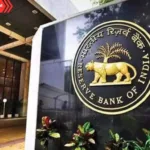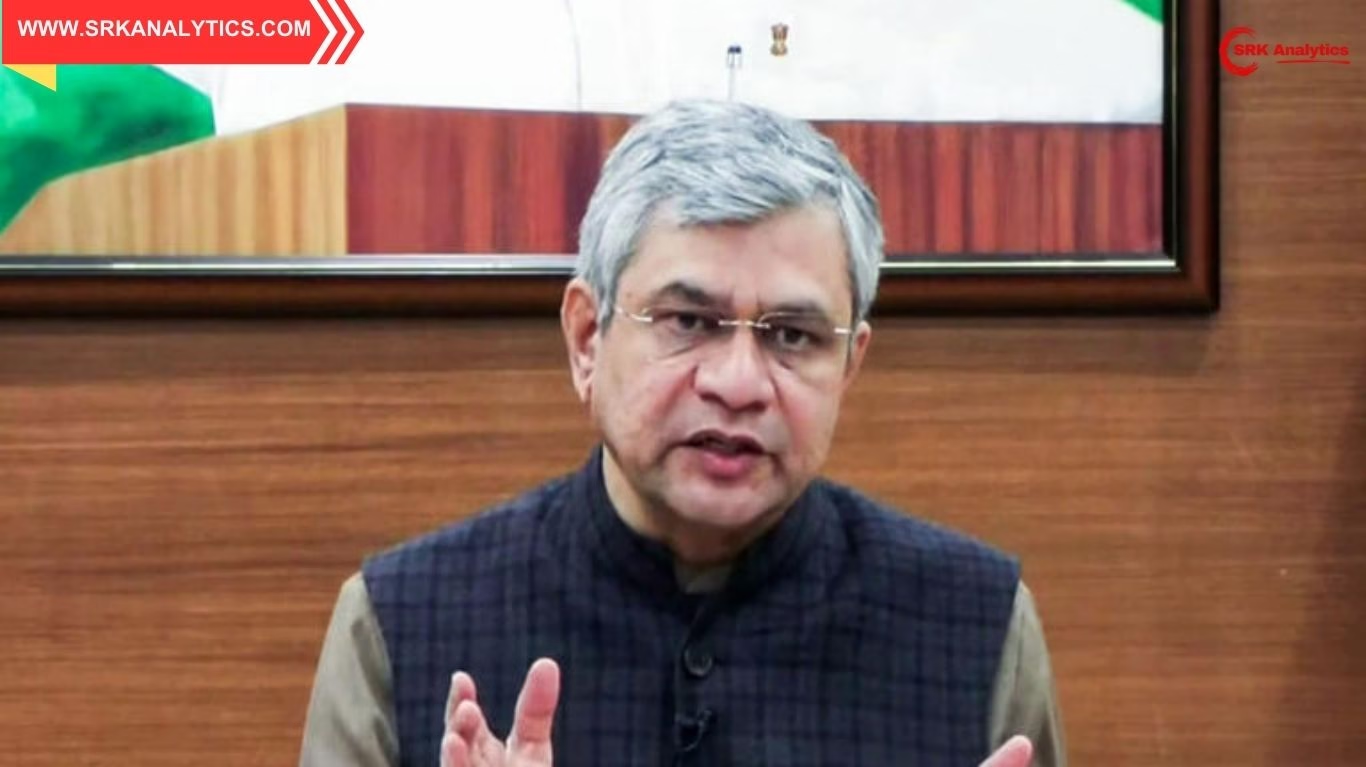India’s fintech unicorn CRED, founded by serial entrepreneur Kunal Shah, has found itself in the spotlight again after a Deloitte consultant publicly questioned its mounting losses, which touched Rs 5,200 crore (approx. $630 million) over recent fiscal years. The conversation, which went viral across LinkedIn and X (formerly Twitter), sparked a wider debate on startup valuations, profitability, and the sustainability of ‘growth at any cost’ models.
What sparked the debate?
It began when a Deloitte management consultant posted an analytical critique of CRED’s financials, stating:
“How does a company posting cumulative losses of Rs 5,200 crore continue to raise large funding rounds at sky-high valuations? What exactly is the sustainable value proposition to justify these figures?”
The post included comparative graphs of revenue vs losses over four fiscal years, highlighting:
- FY21: Revenue ~Rs 88 crore; Loss ~Rs 524 crore
- FY22: Revenue ~Rs 393 crore; Loss ~Rs 1,279 crore
- FY23: Revenue ~Rs 1,484 crore; Loss ~Rs 1,347 crore
- FY24 (estimate): Revenue ~Rs 2,200 crore; Loss ~Rs 2,050 crore
The consultant argued that while revenue growth was evident, the loss trajectory outpaced operational gains, raising concerns on unit economics and monetisation clarity.
Kunal Shah’s prompt and composed response
Responding to the critique, CRED’s founder and CEO Kunal Shah, known for his transparency with the startup ecosystem, wrote:
“Building for long-term value requires patience. Losses today are investments into capabilities, brand trust, and future revenues. Amazon, Tesla, and many others showed this path.”
He explained that:
- CRED’s business model centres on behavioural trust and high-quality user acquisition. The focus remains on building a large, financially responsible customer base before aggressive monetisation.
- Unit economics in fintech require scale for profitability due to high regulatory compliance costs and customer acquisition expenses.
- CRED’s merchant payments, credit products, and platform fees are growing steadily, with revenues rising nearly 4x from FY22 to FY23.
- Unlike e-commerce or quick commerce startups with cash-burn driven by discounting, CRED’s spends focus on brand equity, loyalty creation, and payment infrastructure integration.
The broader funding context
CRED has raised over $1 billion in funding to date from marquee investors including Tiger Global, Falcon Edge, Coatue, DST Global, and Sofina. Its last valuation stood at approximately $6.4 billion, cementing it as one of India’s most valued fintech startups.
Key recent milestones include:
| Year | Funding Round | Amount Raised (approx.) | Key Investors |
|---|---|---|---|
| 2020 | Series B | $81 million | Ribbit Capital, Sequoia |
| 2021 | Series C | $215 million | Falcon Edge, Coatue |
| 2021 | Series D | $251 million | Tiger Global, DST Global |
| 2022 | Series E | $140 million | GIC Singapore |
Despite these inflows, critics argue that valuation growth has far outpaced revenue and profitability metrics, a concern common across late-stage Indian startups amid tightening global capital conditions.
Industry reactions
The exchange between the Deloitte consultant and Shah triggered divided reactions:
- Startup founders defended Shah, citing that building fintech infrastructure at scale is capital-intensive with long gestation periods.
- VC analysts highlighted the need for clarity on monetisation pathways, especially as public market conditions influence private valuations.
- Corporate finance professionals emphasised that losses must be seen relative to operating cash flows, gross margin potential, and future discounted cash flow models rather than purely net figures.
Expert comments
Anshuman Sharma, fintech investment banker, said:
“CRED’s model is akin to building a premium gated community of top creditworthy users. Once trust and scale are achieved, monetisation through lending, wealth management, and commerce will flow. But capital efficiency must remain a priority as funding winters lengthen.”
Saumya Kumar, startup CFO consultant, noted:
“The Deloitte consultant’s question reflects investor realism post-2022. The unicorn funding party is ending, and startups must demonstrate sustainable unit economics to retain valuations.”
CRED’s road ahead
According to Kunal Shah, CRED is actively ramping up monetisation channels, including:
- CRED Pay: Integrating payments with merchant rewards
- CRED Cash: Instant credit lines for top users
- CRED Mint: Peer-to-peer lending products with better yields than fixed deposits
- CRED Store: E-commerce marketplace offering premium curated products
These verticals aim to convert CRED’s strong user engagement into revenue streams while retaining its brand positioning as a premium, trust-first platform.
The startup profitability debate
This episode underlines an evolving mindset shift in India’s startup ecosystem:
- From “growth at any cost” to “growth with profit clarity.”
- Investors are demanding robust monetisation plans alongside user metrics.
- Startups are restructuring for operational discipline in anticipation of delayed IPOs and tighter capital markets.
Key financial metrics snapshot
| Metric (FY23) | Amount |
|---|---|
| Revenue | Rs 1,484 crore |
| Loss | Rs 1,347 crore |
| Users | 16 million+ |
| Employees | ~600 |
| Primary expense heads | Marketing, tech development, customer acquisition |
Final takeaway
While CRED’s losses remain large, industry analysts emphasise viewing them in light of its strategic brand building, user trust creation, and high-value fintech potential. The public debate triggered by the Deloitte consultant is a healthy sign of growing scrutiny and realism within India’s maturing startup ecosystem, prompting founders to communicate vision clarity, monetisation models, and disciplined capital deployment transparently.
Disclaimer: This news article is based on publicly available financial disclosures, industry expert commentary, and social media statements. It does not constitute financial advice or investment recommendations. Readers are encouraged to perform independent due diligence and consult certified financial advisors before making investment decisions in startups or listed fintech companies.












потолочник натяжные потолки отзывы http://www.stretch-ceilings-nizhniy-novgorod.ru .